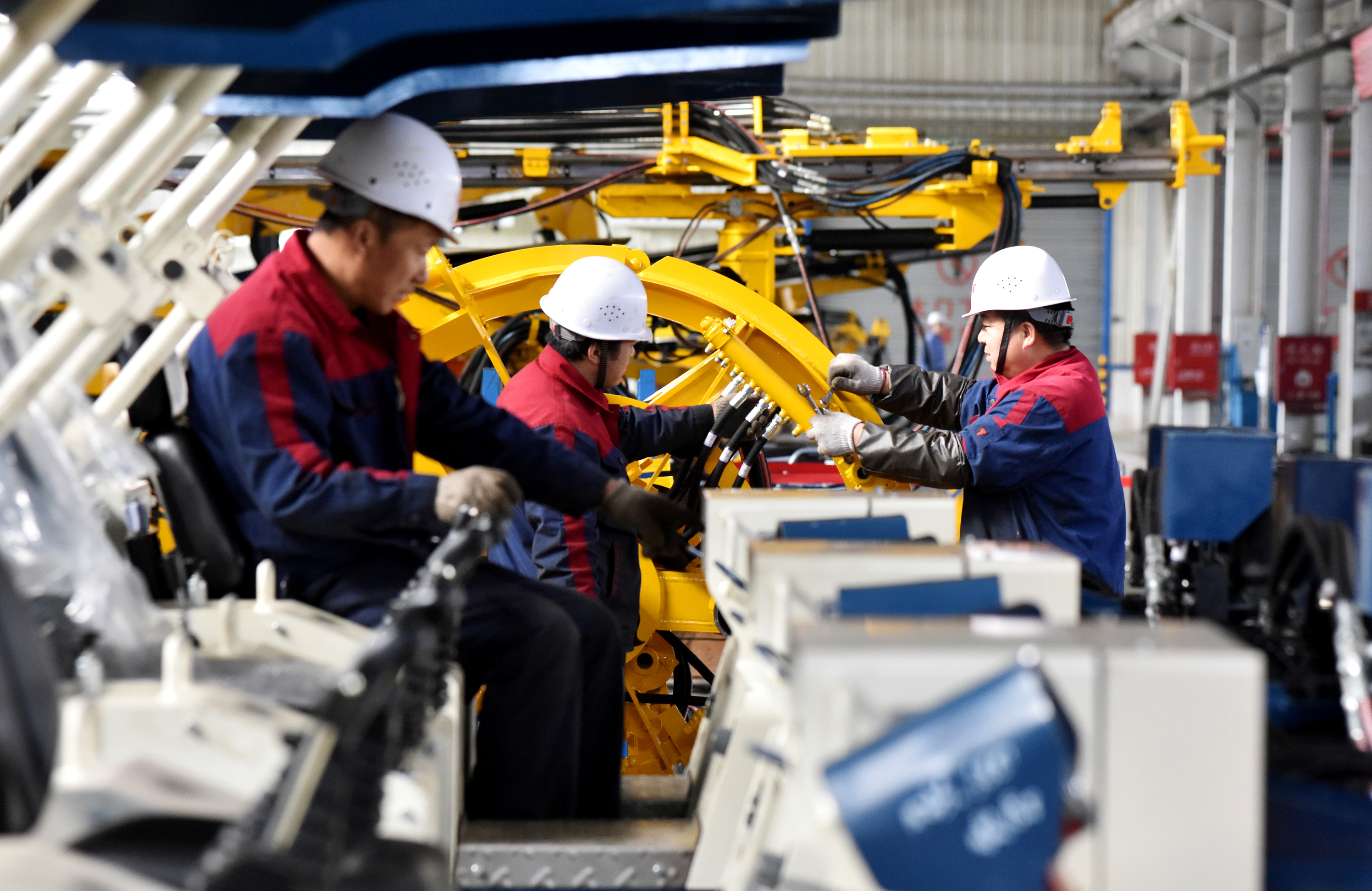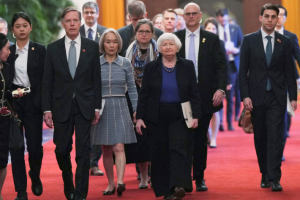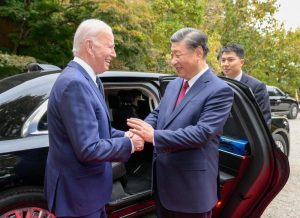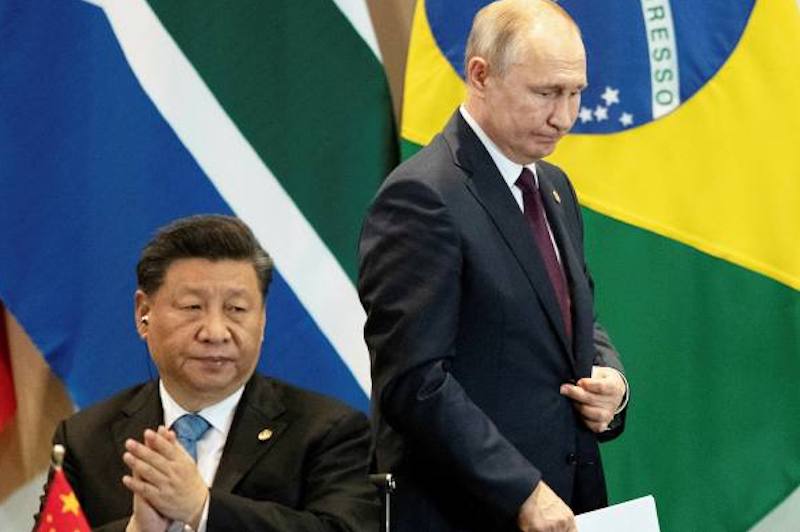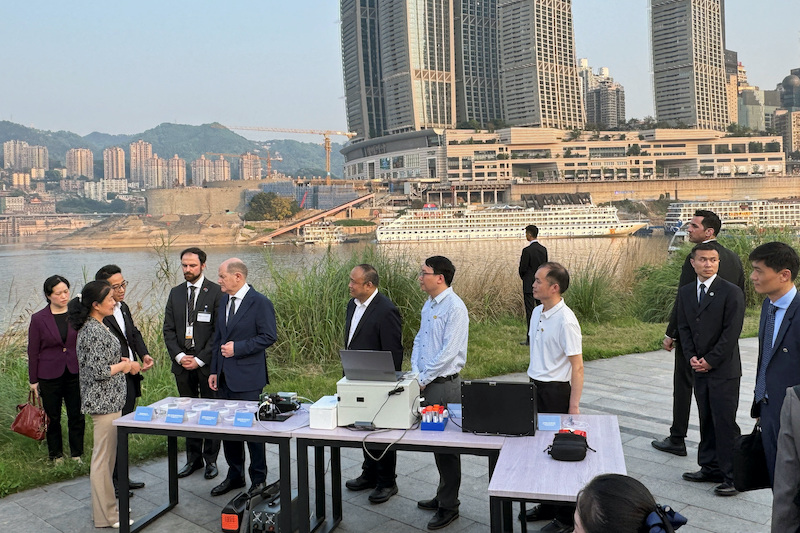China’s world-leading manufacturing sector is under pressure as business sinks to record lows and a historically fruitful trade relationship with the US grinds to a halt.
Exports and imports recorded their worst performance last month since the height of the global pandemic in February 2020, and US manufacturing orders from China have also fallen by 40%, according to CNBC.
China’s reputation as the “world’s factory,” which it gained after entering the World Trade Organization (WTO) in 2001, is under serious threat.
Also on AF: China’s Trade Slumps to Lowest Levels in Over Two Years
Foreign investors have rushed to do business with China since the turn of the century, attracted by its cheap labour and enormous population. China has led the way in steel, chemicals, robotics and electronics.
But now, because of the drop-off in business, its factories will shut two weeks early this winter for Chinese New Year.
China’s Covid restrictions, weak domestic demand and a real estate crash have all dealt heavy blows to its industrial sector.
Repeated Covid lockdowns ordered without warning have hit manufacturing hubs such as Guangzhou and Zhengzhou, causing stockpile issues.
Foxconn, which operates world’s biggest iPhone plant based in Zhenghou, said that revenue in November dropped 11.4% year-on-year. Last month its workers were involved in violent protests over Covid restrictions, with many attempting to flee the plant.
Ukraine War Sanctions
An eroding relationship with the West has also impacted China’s industrial business.
The war in Ukraine has prompted Western nations to take a more cautious view of trade dependency on authoritarian nations. The US has placed sanctions on China’s technology sector by limiting its acquisition of high level microchips.
Shipment volumes from China to the US have declined by 21% from August to September, whilst Germany’s exports to the US were almost 50% higher in September year-on-year.
“Everyone is thinking about moving [away from China], even if they’re not acting yet,” Anna-Katrina Shedletsky, founder of Instrumental, a firm that analyses assembly lines for electronics companies, told the New York Times.
Apple has already begin shifting production to India, CNBC reported, and aims for 25% of its iPhones to be made there by 2025.
Also, China’s new generation of employees show little interest in taking on grinding factory work – industrial wages no longer represent the ticket out of poverty that they did for their parents’ generation.
And manufacturers are unwilling to raise wages draw in young talent, determined to hold onto to China’s competitive advantage in the global market. That has resulted in a 10% to 30% labour shortage among an ageing workforce.
- by Alfie Habershon
Read more:
China Makes Most Sweeping Changes Yet to Anti-Covid Policy
Foxconn Says Covid-Hit China iPhone Plant Back on Track
China Services Activity Sinks to 6-Month Low: Caixin




